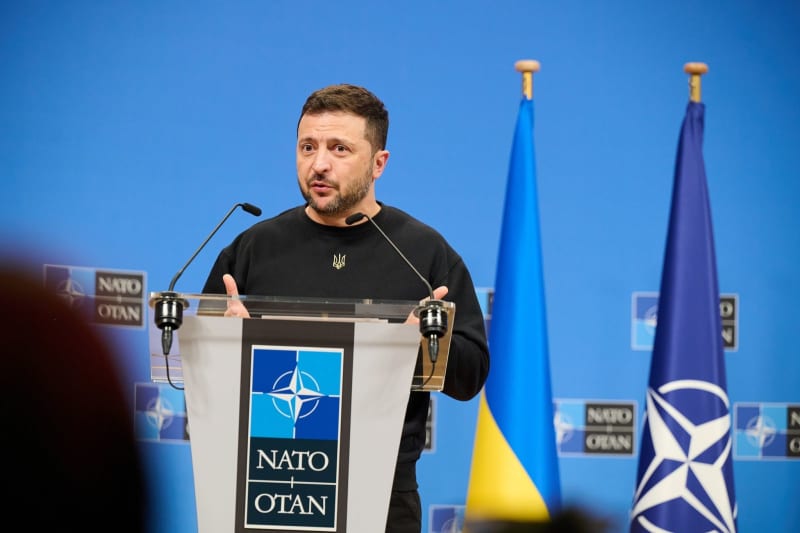Ukraine is currently undertaking significant efforts to rid its territory of landmines and other explosive remnants of war, as emphasized by Deputy Prime Minister Yulia Svyrydenko at a recent international mine clearance conference in Lausanne, Switzerland. The conference, which drew participation from Ukrainian Prime Minister Denys Shmyhal and representatives from around 50 countries, aimed to enhance collaborative efforts in addressing the extensive contamination of land across Ukraine. The ongoing conflict has left large areas infested with hundreds of thousands of mines, cluster munitions, and unexploded ordnance, remnants of skirmishes between Russian and Ukrainian forces. As the world’s most heavily mined nation, Ukraine highlights the urgent need for international support to accelerate mine clearance operations to restore both safety and accessibility in affected regions.
The scale of the issue is alarming, as highlighted by Peter Reuss of the German Foreign Office, who noted Berlin’s annual contribution of approximately €20 million ($21.7 million) to Ukraine’s demining efforts. Discussions at the conference included exploring innovative approaches and technologies, particularly in the realm of artificial intelligence (AI), potentially paving the way for faster, safer, and more cost-effective detection and clearance of mines. Svyrydenko reported that Ukraine has managed to clear approximately 35,000 square kilometers of land using a combination of self-made machines and other resources, emphasizing that this work is essential not only to facilitate the return of displaced populations but also to restore agricultural productivity, given Ukraine’s critical role in global wheat supply.
The situation in Ukraine is distinguished by several unique challenges, primarily the dense mine concentrations laid by Russian forces, making it one of the most dangerous environments globally. As reported by the United Nations Development Programme (UNDP), it’s estimated that the area contaminated by mines may exceed the size of Greece, substantially impacting the livelihood and safety of more than six million Ukrainians. Tragically, over 1,000 casualties have resulted from landmines and unexploded ordnance since the onset of the major conflict in February 2022, with approximately 300 fatalities. Despite only 10% of the land potentially being contaminated, the entire area must be meticulously searched, a gargantuan task that adds to the urgency of the situation.
The ongoing humanitarian crisis due to mines is exacerbating the hardships faced by civilians. Farmers are rendered unable to cultivate their fields while displaced populations find themselves unable to return home due to lingering dangers. The UNDP’s Jaco Cilliers pointed out that the ongoing situation has disrupted essential services and manufacturing processes, further crippling the economy. While military units focus on clearance near the front lines, Ukraine’s official mine clearance agency manages major infrastructure projects, indicating a fragmented approach to addressing the widespread hazard presented by mines.
The humanitarian aspect of mine clearance is underscored by the methodical work involved in detecting and removing mines. Experts like Markus Schindler from the Swiss foundation FSD detail the painstaking process requiring metal detectors to scan fields meticulously after initial clearance efforts by machines, which can take months even for relatively small areas, such as two football pitches. This reflects the complexity and time demands of clearance operations in Ukraine, often leading to significant delays in restoring safe access for civilians and agricultural production.
Amid these challenges, innovative financing solutions have emerged, such as a proposal by the UNDP suggesting that the Ukrainian government issue bonds that link mine clearance efforts to the establishment of sustainable agricultural practices. The idea posits that the generated proceeds from such bonds could be reinvested in demining initiatives. However, the estimated cost of a comprehensive mine clearance program stands at approximately €34 billion ($36.9 billion), highlighting the extensive financial commitment required to mitigate the dangerous situation and restore safe living conditions for affected populations. With strategic partnership and international support, Ukraine hopes to accelerate efforts to reclaim its land and secure stability for its citizens.

